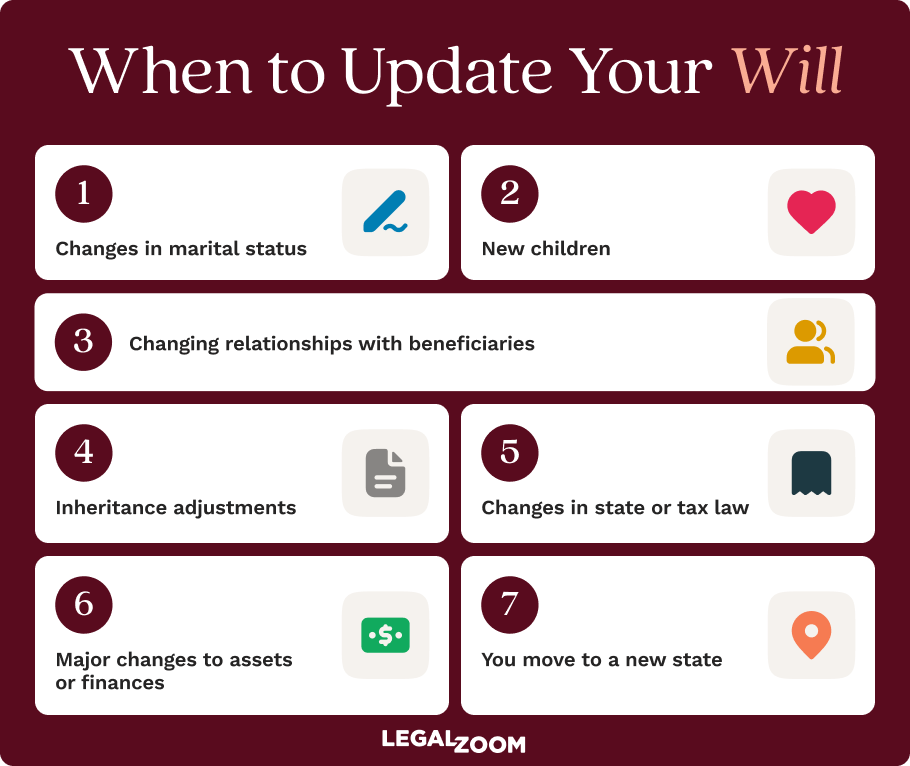Lee A. Ciccarelli, founder of Pennsylvania litigation law firm Ciccarelli Law Offices, has witnessed many businesses cease to exist after one or both owners have died.
In the legal space, small to midsize law firms often collapse under the weight of the passing of the rainmaker, the principal, or attorneys essential to its success. With mom and pop businesses, similar situations occur.
Ciccarelli says, "There literally is no one to oversee the continuation of the business, causing significant if not complete loss of value of the business, as well as loss of appointment [to future leadership roles] of those employees associated with the business."
To prevent a business from dying along with its owners, small business owners need to have an estate planning strategy in place.

How estate planning applies to a business
Estate planning entails planning for the future before you pass away. It involves a series of legal documents—like a will/trust, a letter of intent, and beneficiary designations—that explicitly describe what you want to happen with your assets when you die. These documents will detail who will receive your assets and when.
In terms of a business, estate planning includes determining what you want to have happen to your business and its assets after you're gone, as well as who will run it. You'll need to figure out how to write a succession plan as well as a buy-sell agreement, a legal contract that describes what happens to a partner's portion of the business after their death. The buy-sell agreement often is funded by life insurance.
Why is estate planning important? David Reischer, Esq., CEO of LegalAdvice.com says, "The act of 'planning' is critical to just about every aspect of business, and estate planning is no exception to that rule."
Attorney Kyle Lippard of Danielson Law Firm echoes a similar sentiment. "Providing for your business in your estate plan is essential to ensuring the business transitions to the next generation of heirs to run, or sold to someone outside the family for a fair price."
What is a succession plan?
A succession plan details who you want to run your business after you're gone, whether it's a family member, an employee, a partner, or an external stakeholder you want to sell your business to. You may include one person or provide lines of succession in the event that someone is not able to step up to the plate.
If you don't have a succession plan, then "heirs with equal ownership/right to manage after death may not agree on critical aspects of the business," says Lippard. "These disagreements may lead to delays in the work of the business or, in some cases, can lead to litigation if the issues are serious enough. Without a succession plan, someone with no knowledge of the business could end up being left with ownership or management."
Reischer says he has seen the downside of not having a succession plan. "I have witnessed several small businesses struggle when heirs took over the business with no familiarity of the day-to-day operations. It is pure chaos and could be totally avoided with some planning."

Who should be involved in estate and succession planning?
A business owner and their partners should be involved in the estate planning and succession planning process. However, the kind of business structure under which you operate will determine how you write your succession plan.
According to Reischer, in partnerships and sole proprietorships, the managers and owners can make succession decisions on their own. However, if you have a corporation with a board of directors, you'll need to follow the formalities dictated by the corporate bylaws and rules.
"A person or persons contemplating the sale of a business interest will need a formal contract that outlines the specifics of the succession plan," Reischer says. "A party may choose to sell the business interest outright in return for cash or other assets. The principals will need to agree on all the formalities such as timing, money, condition, tax consequences, and any other issues that are important to any of the parties involved."
Estate planning can save business owners, their families, their beneficiaries, and all other parties both time and energy. It is crucial that owners get started with estate planning as soon as possible, before it's too late.
As Ciccarelli says, "Where an estate plan is in effect, there can be an orderly organization of the business management model to ensure the longevity and continuation of the business—as well as the sustainability of the business—and economic benefit to the beneficiaries, employees, and their families."
Estate planning for your business is as important — to your family and your associates — as personal estate planning is to your loved ones. Rather than leaving the future to chance, successful small business owners need to include business estate planning as part of their ongoing strategy for managing their businesses.

